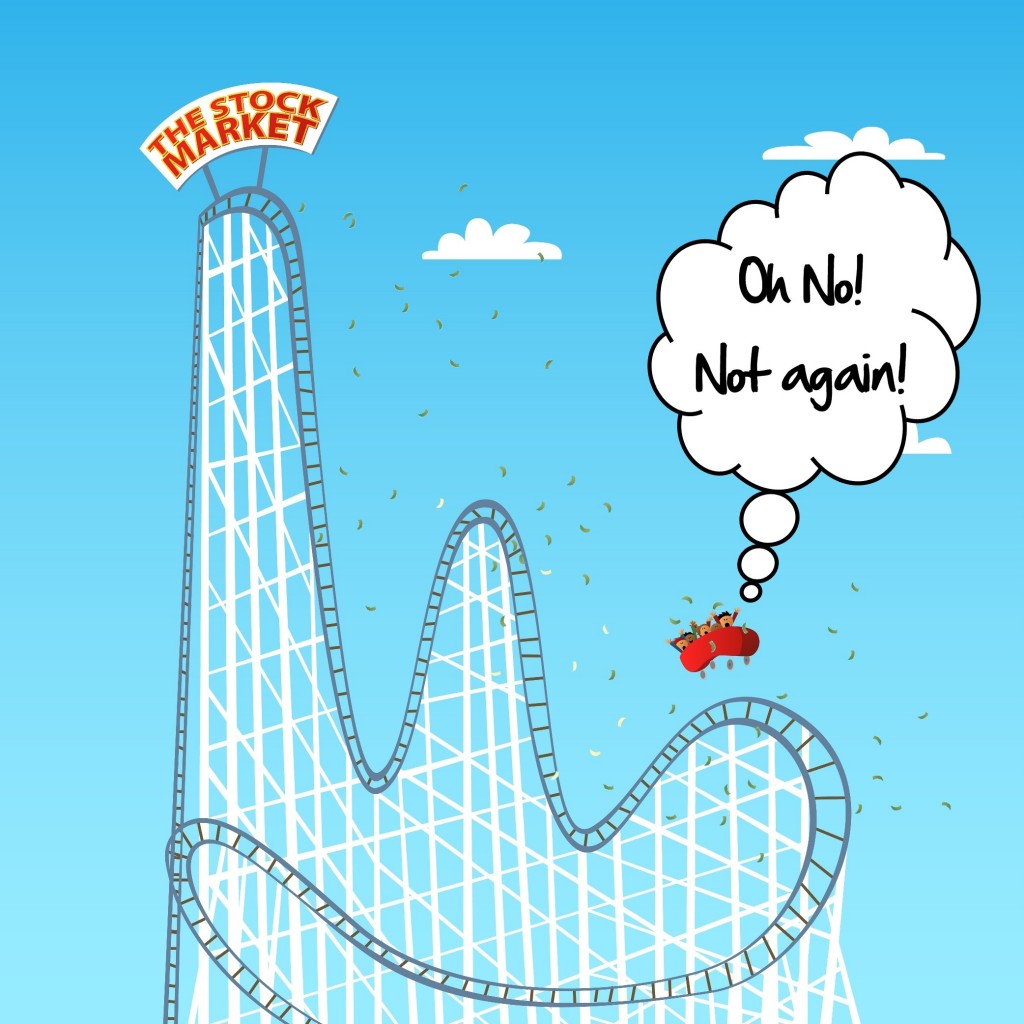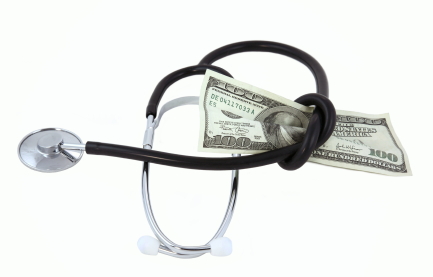All the statements listed below are common financial myths. Accepting any of them as fact could lead to costly financial missteps…
See how many of these common beliefs you already recognize as flawed and which ones you have yet to unmask.
As you may discover, what we’ve been taught by mainstream money experts and well-intentioned friends and family isn’t always accurate.
The Myths:
- Over time, the stock market has consistently proven the best and most reliable investment vehicle for the vast majority of Americans
- Investors need to accept risk and volatility in order to generate meaningful profits
- Home ownership and appreciation is a reliable vehicle for protecting and growing your wealth
- 401(k)s make effective investment vehicles, if only because your employer matches your own contributions
- Your 401(k) plan administrator must be a licensed, professionally trained and carefully screened financial expert
- The fees you pay for your IRA, 401(k) and other retirement funds have only a trivial impact on your ultimate returns
- You will not require as much income when you retire as you need now, especially since you’ll qualify for a lower tax bracket
- It is never possible to know with any certainty the value of your retirement account at intervals down the road, because market fluctuations are unpredictable
- Wise retirement planners recommend you aim to make your retirement income last to age of the average American life expectancy, currently 77.9 years
- Always defer taxes as far into the future as possible, especially when you wish to accumulate a larger retirement nest egg
- People of modest income can’t possibly set aside $1 million or more for their retirement
- Before you can begin saving for the future, first you have to dig your way out of debt
- Paying cash is the ideal method of purchasing big-ticket items, such as cars and vacations
- Effective savings and investing strategies are too complex for amateurs. Only professionally trained money managers consistently succeed
- If you follow the advice of mainstream financial experts and don’t stray, your nest egg will be safe and grow large over time
- To receive quality, personalized attention from highly trained financial advisors, you have to already be wealthy, or close to it













